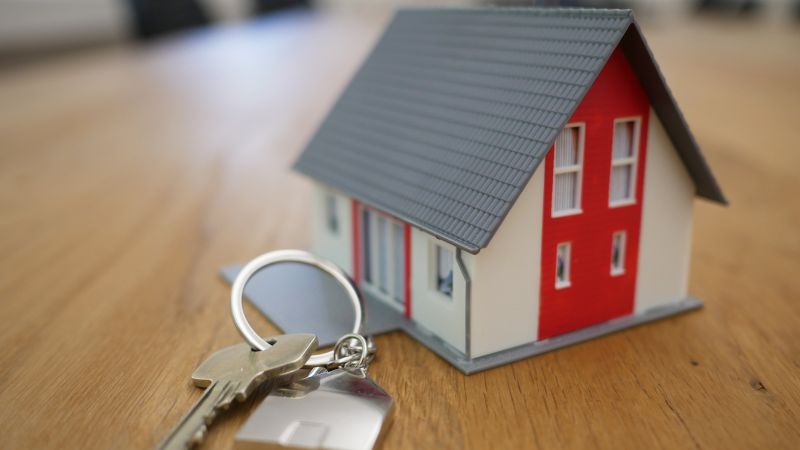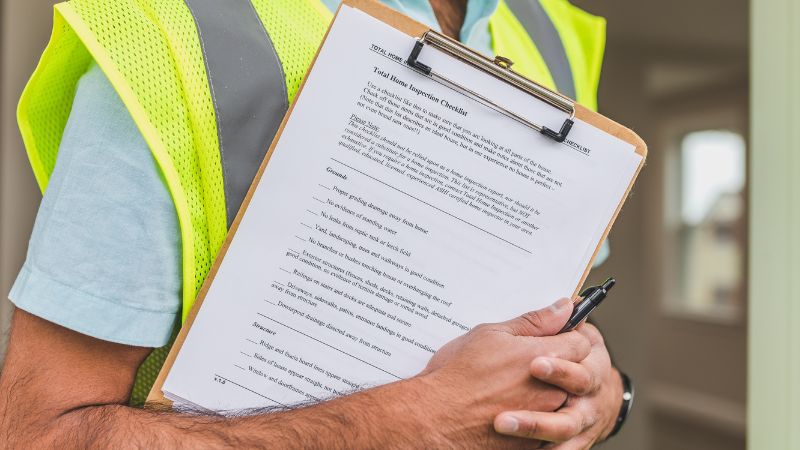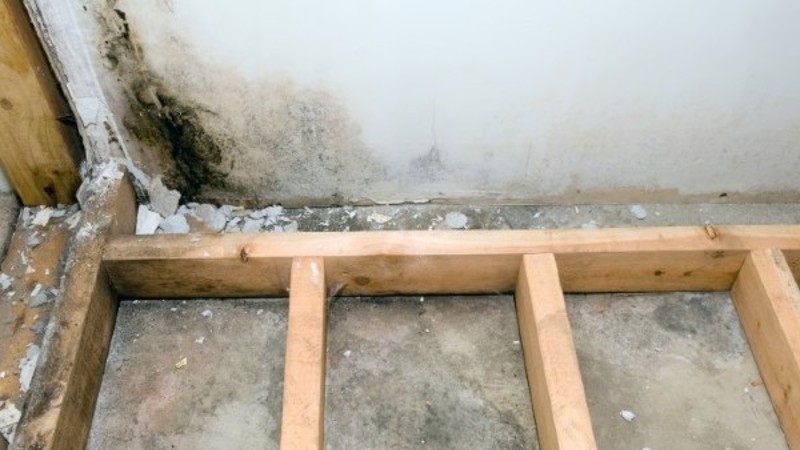
Selling your home is a stressful situation for many people, and the discovery of mold certainly adds an extra layer of stress and complexity to the process. It’s important to know that the presence of mold can affect the value of your property and lead to potential health problems. As a homeowner looking to sell your house, you may be wondering if you can sell your home with mold. The answer is yes, but with a few caveats. In this article, we discuss the potential impact of mold on the sale of your property, but also how to detect mold and the options available to you.
Quick Links
- Where does mold hide in a house?
- How to tell if your home has mold?
- What happens if mold is discovered during a home inspection?
- Can you sell a house with mold?
- Other frequently asked questions
- Guidelines for Selling a House with Mold: Transparency and Diligence
Where does mold hide in a house?
Mold can appear in many places in your home due to a variety of causes and triggers. Spaces such as attics and basements can be prone to mold growth for a variety of reasons, as can kitchens and bathrooms. The goal is to find out if your home has mold, and if so, to identify the main cause behind mold growth, solve the problem at its source and carry out the necessary treatments to eliminate it.
Certain conditions are conducive to mold growth. Here are a few things to watch out for:
- Roof issues – Wet or leaking roofs, as well as deteriorating shingle conditions, can contribute to mold growth.
- Windows and doors – Compromised seals or condensation on windows and doors can foster mold development.
- Plumbing – Keep an eye on piping, as leaks or cracks can create conditions favourable to mold.
- Windowless rooms – Areas like crawl spaces, attics, and bathrooms, can trap moisture and lead to mold issues.
- HVAC system condition – Poorly maintained HVAC systems may result in inadequate ventilation, contributing to the proliferation of mold spores in your home.
Learn more about where mold is found in the home
How to tell if your home has mold?
When you decide to put your home up for sale, you have three choices: perform a preliminary inspection yourself to detect the presence of mold, have your property inspected by a certified mold remediation professional or another recognized home inspection professional, or wait for the potential buyer to ask for a pre-purchase inspection to be performed on your property.
Let’s take a look at each of these options.
Option 1: Do-it-yourself inspection
Detecting mold in your home involves paying attention to telltale signs known as ‘patent defects’. These are the common signs of mold you should be aware of before putting your home on the market:
- Visible mold growth: The most obvious sign is easily noticeable growth on surfaces. Mold can appear in various colours, including black, green, or white. Check spaces with high humidity because areas prone to excess moisture are ideal breeding grounds for mold.
- Musty odor: Even if you can’t see mold, a musty smell could indicate its presence. If you notice an unpleasant, earthy odor that persists, it’s important to investigate it further.
- Water leaks or damage: Mold thrives in damp, dark environments, making water leaks a common cause of mold growth. Inspect your home for any signs of water damage, including stains on walls or ceilings, as well as warped or discoloured surfaces.
- Allergic reactions: Mold can trigger allergic reactions in sensitive individuals. If you or your family members experience persistent coughing, sneezing, nasal congestion, or skin irritation, it might be a sign of mold exposure. Pay attention to whether these symptoms improve when you leave your home.
Option 2: Have your home inspected by a professional
If, for whatever reason, you suspect the presence of mold, but can’t find any visible traces, you can call in the services of a professional. This certified mold detection specialist will perform an air quality test to confirm the presence of mold in your home. While routine inspections are effective in uncovering apparent defects or visible signs of mold, hidden defects (also called latent defects) such as mold hidden in the structure of the house or in other concealed areas are much more difficult to detect.
Option 3: Wait for the prospective buyer to request an inspection
Although pre-purchase inspections are not mandatory, a wise buyer will exercise caution and diligence by requesting a coveted inspection of the property by a home inspector. This inspection will give him a better understanding of the property and its defects, whether major or minor. If there are visible signs of mold, or a condition conducive to mold growth, chances are the inspection will reveal it.
What happens if mold is discovered during a home inspection?
Regardless of the inspection method used, the presence of mold in your home can have a negative impact on the sale of your property. In fact, mold can impact the structural integrity of your property, affect indoor air quality and potentially cause health problems for its occupants.
As a seller, if you have detected the presence of mold, you can consider one of the following options:
- Take corrective action: To maximize the value of your property, you may choose to treat your mold problems directly by calling in a mold remediation team. According to Health Canada, if the affected area is less than 1 square metre, it’s possible to clean the surface yourself by taking a few precautions.
- Reduce your selling price: If you don’t want to undertake the mold remediation process for your home, it’s still possible to reduce the price of your property by factoring in the costs of mold remediation and subsequent repairs.
Can you sell a house with mold?
The short answer to this frequently asked question is yes, you can sell a house with mold. As the seller, you must declare any known, but not apparent, presence of mold. This mold is considered a hidden defect, and failure to declare it can result in legal action under the Quebec Civil Code.
For example, in 2011, a Clarenville couple who sold their home without a legal warranty, knowing that mold was present, were ordered to pay the sum of $48,553 disbursed by the plaintiff for renovations, plus $20,000 in punitive damages.
While the sale of a house containing mold may result in a lower asking price, being honest about mold can help build trust with potential buyers and avoid legal problems.
Here are some other equally important factors to consider when selling a home containing mold:
- Impact on home value: Obviously, the presence of mold will affect the value of a property. However, it’s the extent of the mold and the cause that will dictate its real value if these problems aren’t resolved before the property is put up for sale. The more serious the problem, the more you’ll have to reduce your selling price.
- Cost considerations: Despite the potential expenses associated with mold remediation, these are generally far less costly than the depreciation that an untreated mold problem can inflict on your property. The key is to calculate the costs and measure the potential risks associated with your decision.
- Impact on selling time: Selling your property with mold can lengthen the time it takes to sell, especially in a buyer’s market. Not all buyers are willing to take the risk of buying a home with mold and managing its remediation.
- Transparency in legal documentation:As the seller of a residential property, you’ll need to fill out a document called “Declarations by the seller of the immovable“. This mandatory document must indicate whether the property has a history of mold and whether it has been treated to resolve the issue.


